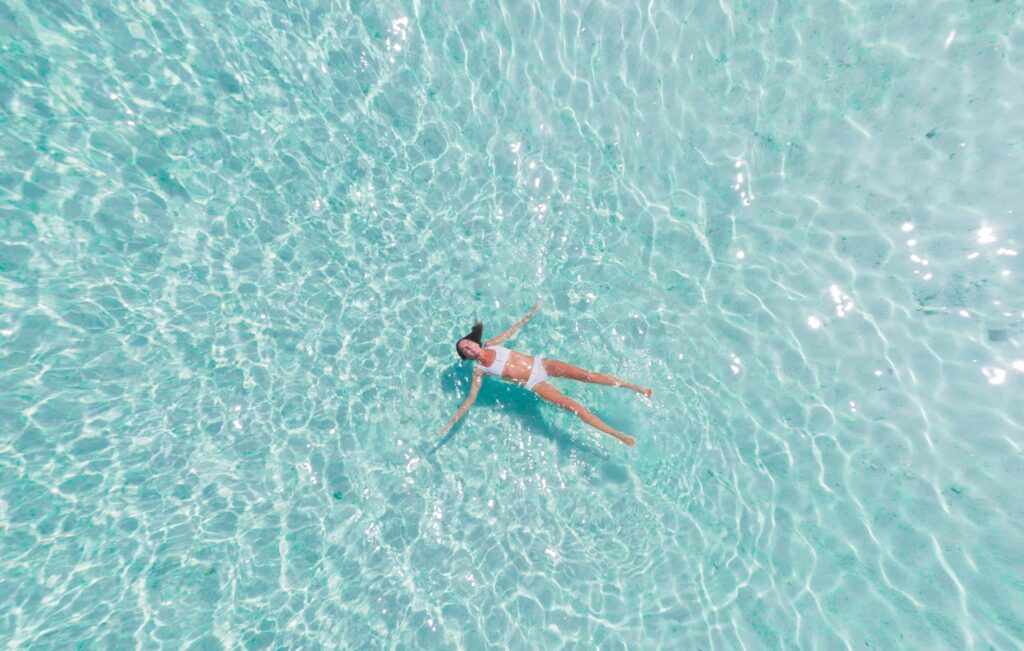Given how endless the benefits are, let’s just launch straight into it.
Swimming as Exercise
Swimming is one of the foremost forms of cardiovascular exercise, as not only does it use most to all major muscle groups, but as it specifically relies on breath holds, this helps to train the body to be far more economical when it comes to aerobic exercise, and more inclined to use anaerobic, thus swimming directly affects and promotes muscle growth. At the same time, by virtue of being underwater, one does not need to deal with the discomfort of sweat build up, one must merely stay hydrated. Depending on the style of swimming, the activity can also bend and stretch joints and ligaments. This can be instrumental in reducing the risk of spinal disorders and injuries developing later in life, which, according to bioxcellerator, can be involved in health complications ranging from the neurological, orthopedic, aesthetic and even sexual.
Swimming as a Survival Skill
The ability to swim directly coincides with the level of danger one is in as soon as one enters water that goes beyond one’s depth, after which the only two ways to keep one’s nose and mouth above water are either by floating or by swimming. However, merely having the ability to swim is not necessarily enough to prevent drowning in a survival situation. Many drownings occur due to other factors like water temperature or current, and so knowledge of how natural water systems work also ties in to how much danger a swimmer may be in. If, for example, one is caught in a rip tide, and there are no lifeguards around, then the level of danger depends largely on factors such as whether the person in question knows to swim parallel to the coast, rather than attempting to directly swim towards it. With cold water also, sudden immersion can lead to cold water shock. This causes the victim to suddenly gasp uncontrollably and go limp, which can be a death sentence when in water, as this takes water directly into the lungs. Knowing to exhale hard at the moment of entry to prevent cold water shock is a survival skill one won’t typically learn in swimming lessons at school.
Swimming as a Sport
For some, swimming is a career. Competitive swimming goes back to the bronze age and earlier, with records going back as far as Mycenaeans Greece. There is even early archaeological evidence of stone age recreational swimming. These days, swimming makes up one of the foremost Olympic sports, which athletes like Michael Phelps being one of the most decorated medal winners in history.
Swimming as a Hobby
If one gets really good at swimming, however, entire worlds open up which are inaccessible to others. Either by scuba or by freediving, marine ecosystems represent an entire dimension of experiences and sights to explore. Of course, it goes without saying that one should always watch one’s oxygen supply and not surface too quickly when scuba diving, or to overexert one’s lung capacity when free diving. With free diving especially, that convulsion you feel when you feel like you’re running out of air is a safety net, triggered when you’re about two thirds of the way through the oxygen in your lungs. When there is no oxygen left, the body instantly falls unconscious, which is something you definitely don’t want to happen underwater. That is advice for advanced free divers though. For the rest of you, just get to the swim pool!


